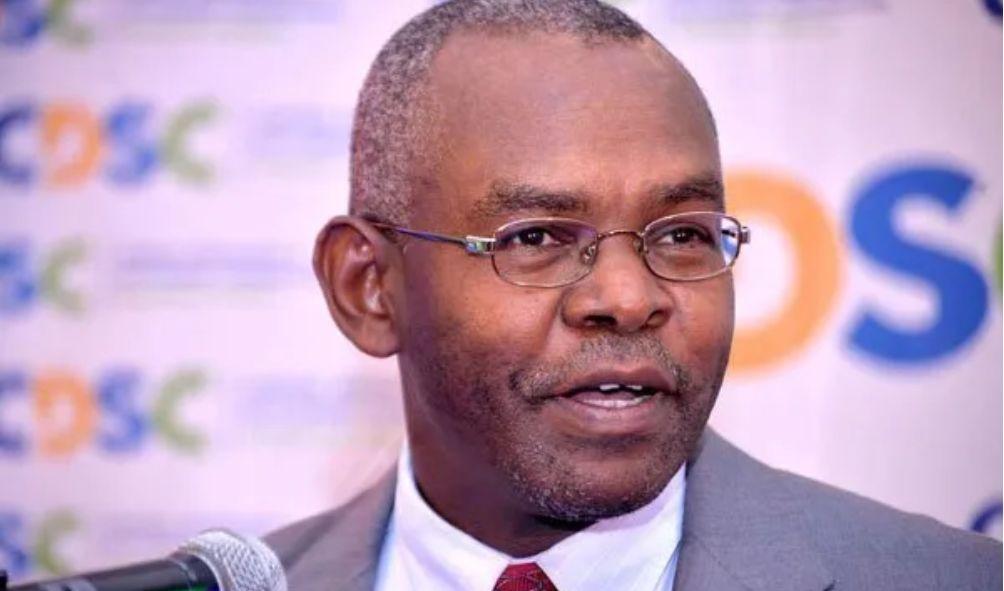Central Bank of Kenya Predicts Inflation Drop
The Central Bank of Kenya predicted a decline in the inflation rate by the end of August or September 2023, providing a boost to Kenya Kwanza’s efforts to reduce the high cost of living.
After a slight increase in July, CBK governor Kamau Thugge forecasted a decrease in inflation on Tuesday, June 27.
He attributed the increase in prices of essential goods to the Finance Act 2023’s implementation of a 16% value-added tax (VAT) on fuel products.
With the administration of President William Ruto unveiling austerity measures to revive the economy, the Finance Act, as stated by Thugge, will provide some food price relief for Kenyans.
Among the measures was the reduction of the Import Declaration Fee and the Railway Development Levy.
“On the subject of value-added tax, there are also mitigating factors, such as the reduction of the import declaration fee from 3.5% to 2.5%. The Railway Development Levy (RDL) ranges between 2% and 1.5%.
The opposition relied on the doubling of the tax to persuade its supporters to oppose what it argued was a punitive measure, as he explained: “This will mitigate any potential effects of the VAT on fuel.”
To further promote economic stability, the government would also relieve pressure on the prices of essential goods by maintaining an inflation rate of 7.5%.
ALSO READ: Preparing for the 2023 Finance Bill: Insights from Economists
“We anticipate some increase in July 2027, but based on the actions we are currently taking, we anticipate that by August or September, the overall inflation rate will fall to 7.5% – well within our target range of 2.5% to 7.5%,” Thugge stated.
Experts predicted that the Energy and Petroleum Regulatory Authority (EPRA) review scheduled for July 14 would result in a Ksh12 per liter increase in fuel prices, in line with the adoption of a 16% VAT.
Based on the prices released by EPRA on 14 June, the average price of super petrol may rise to Ksh194 from the current Ksh184.
Diesel prices may increase to Ksh177.94 from Ksh167.28.
Matatu operators were anticipated to raise fares to avoid incurring losses, which could lead to an increase in the cost of basic food items.
April to May Price Growth
Inflation rose from 0.1% to 8% in April 2023 due to higher food and non-food prices, such as fuel.
“Food inflation rose from 10.1 percent in April to 10.2 percent in May, primarily due to a sharp increase in sugar prices. Some essential food items, particularly vegetables, experienced a decline in price as a result of an increase in supply attributable to prolonged rainfall and a decrease in global food prices.
“Fuel inflation rose to 13.6% in May from 13.2% in April, primarily due to the removal of the fuel subsidy and increases in electricity prices following a tariff increase in April,” CBK reported.
Central Bank of Kenya Predicts Inflation Drop
HEY READER. PLEASE SUPPORT THIS SITE BY CLICKING ADS. DON’T FORGET TO HIT THE NOTIFICATION BELL FOR MORE UPDATES AROUND THE GLOBE.
